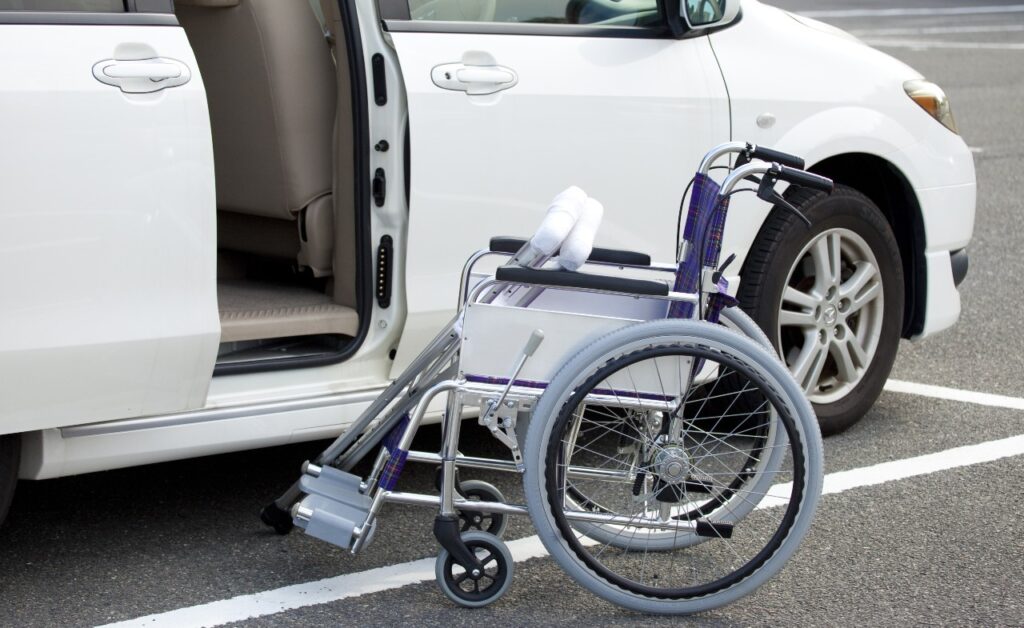Has a recalled product caused injury? Who’s affected

If you or a loved one suffered serious injuries that required hospitalization or had serious property damage because of a recalled product, you may qualify for legal representation and compensation.
Most publicized defects are for cars. These are the numbers for automobile recalls alone, compiled by Visual Capitalist.
| Recall Type | # of U.S. Recalls (1983‒2022) | People Affected |
| Vehicle | 19,686 | 776.42M |
| Equipment | 2,303 | 207.51M |
| Tire | 442 | 36.53M |
| Car Seat | 220 | 60.39M |
| Total | 22,651 | 1,080.84M |
The Washington Post reports that more than 2 million Tesla cars were recalled in December of 2023.
Although these are the most publicized recalls, according to Top Class Actions, the Consumer Product Safety Commission and other news reports across the United States, recalls have been issued for:
- Coffee pots that cause fires, burning people and destroying buildings.
- Electric blankets that cause serious burns.
- Mattresses that cause mold problems, rendering homes uninhabitable.
- Cribs, playpens, car seats, toys and holiday decorations that harm or kill children.
- Lawnmowers that rip through body parts, leading to amputations or paralysis.
- Prescription and over-the-counter drugs that are hazardous or ineffective.
- Vegetables, meats and packaged groceries that poison.
- House and garden chemicals that cause cancer.
- Clothing that easily catches fire causing severe burns.
- Gutters made to filter debris that are easily blocked, destroying exteriors and ceilings.
- Faulty and toxic plumbing materials that cause sewage floods, destroying homes and outbuildings.
- Furniture that topples, causing broken bones and head injuries.
- Children’s clothing decorations that cause lead poisoning.
- Baby shoes that contain small, swallowable pieces that choke and kill infants.
- Clocks whose designs cause battery fires that can burn through walls.
- Aerosol cans that cause impact injuries.
- Sunglasses with lead paint that can be poisonous.
- Flushable wipes that cause infection.
- Medical devices that cause harm or don’t perform as promised.
- Lamps that short out and start fires.
- Spray foam insulation that results in carcinogenic fumes.
You may be able to take action if you or your property are seriously harmed by a consumer product, whether or not you knew about a recall and whether or not you received some money from the manufacturer or an insurance company.
Do you qualify?
If because of a faulty product you or a loved one developed serious injuries that required major hospitalization or suffered serious property damage, you may qualify for legal representation and compensation.
Please fill out the form on this page for more information.
Who recalls products and enforces safety?
Recalls are issued, and safety is enforced, by government agencies, manufacturers, distributors, importers and/or retailers. The United States Consumer Product Safety Board (CPSC), the Food and Drug Administration (FDA) and the National Highway Traffic Safety Administration have slightly different standards, rules for reporting, enforcement techniques and listings, but one thing is common among them: The sooner the manufacturer and others directly involved with a defective consumer product report the problems, the better for everybody.
Problems reported quickly by manufacturers can direct how defects are fixed and when or whether the products should be taken off the market, limiting damage and perhaps some liability, and keeping the marketplace as safe as possible.
Some companies find that recalling defective products quickly and voluntarily can save lives, money, time and reputations. “It is critical that all companies in the supply chain are ‘recall ready’ to ensure appropriate actions are taken swiftly across the distribution channels to protect public health and the integrity of the supply chain,” said the FDA in a release.
Recalls are classified by agencies generally along the lines of Class 1/Most Serious/Dangerous, Class 2/Potentially Dangerous and Class 3/Least Dangerous. The action to be taken varies from total mandatory recalls to corrective actions, sometimes leading to new regulations and contributing details of concern to courts.
Although recalls can be moneymakers for service shops—the customer doesn’t pay but the manufacturer does—studies over many years show that most recalls are not serviced. This is due, in large part, to the fact that customers don’t know about them, sometimes because they bought the item used without knowing it was recalled or hazardous.
You can’t act on knowledge you don’t have, and you can’t be expected to know about safety hazards unless you are told or harmed, as courts have reasoned in some cases.
Life-changing defects
Generally, check safety online; it’s a matter of finding serial numbers and searching government agencies and manufacturers to see if your item is part of a recall or is known to be dangerous.
But how often should you do this? And which products should you worry about and when? Modern homes have TV sets, toasters, children’s toys, rugs, shoes, cleaning agents, ovens, lamps, filters, vaporizers… anything can go wrong with any of them and could land you in the hospital, damage or even destroy your home, and changing the way you live, causing hardship and pain… or worse.
You may be able to take action against the manufacturers of appliances and other items that cause catastrophes. Some courts have ruled that recalls are proof of defects, others that the consumer knew or should have known about the defect. Some look to written directions given you when you bought a product to determine if you were properly warned or negligent when using the item. If you knew about a recall, will the court absolve the company of guilt? If a company tried to reach you and warn you, is it at fault for not connecting? Some states are less forgiving than others in matters of notifying consumers about recalls. Manufacturers might delay recalls or say they had no knowledge of a defect, or that the victim used the product hazardously. All these rules are why you may want to seek professional legal help.
Join a consumer safety lawsuit investigation
If you or a loved one were seriously injured by a consumer product or your home was damaged by a defective product, you may qualify for legal help seeking compensation to mitigate your hardship.
Please fill out the form on this page to see if you qualify for a FREE case evaluation.







